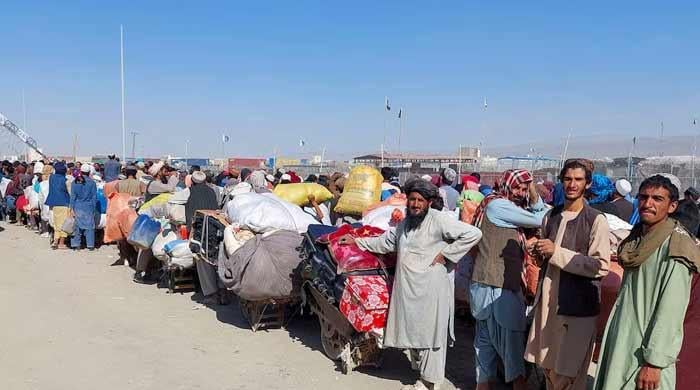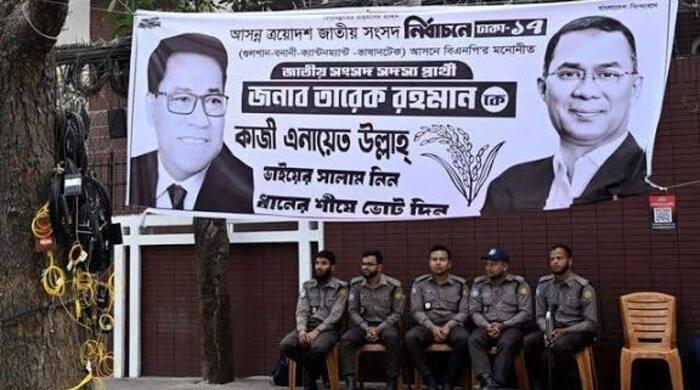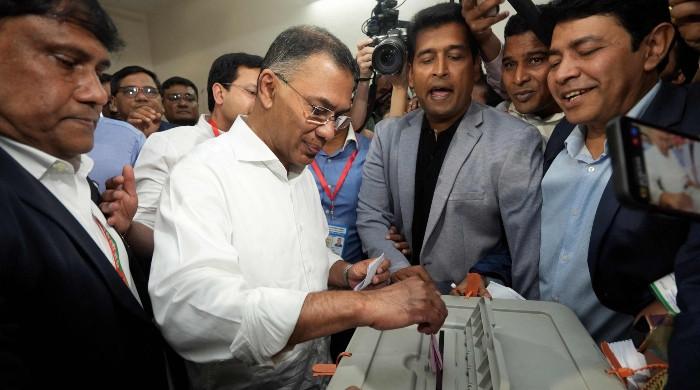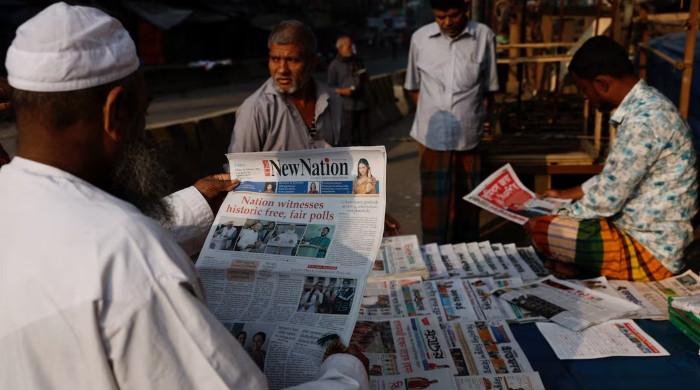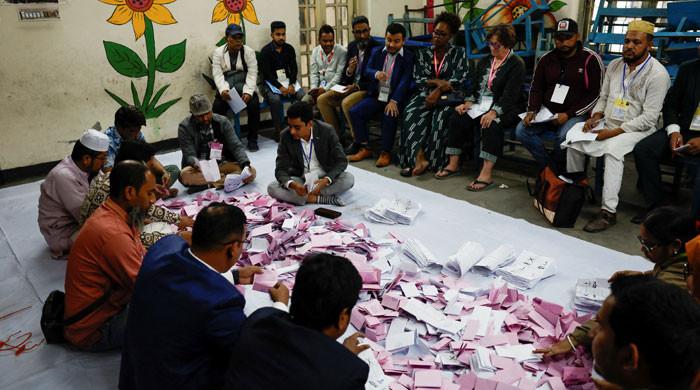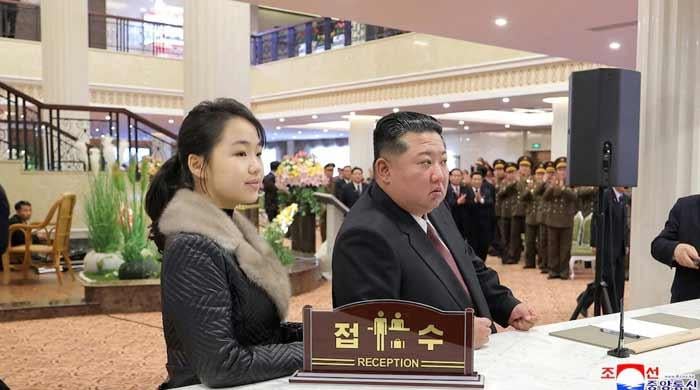Britain's UKIP surges in local elections
LONDON: Britain´s UK Independence Party surged to its best ever performance in local council elections Friday, boosting the hopes of Nigel Farage´s anti-EU and anti-immigration group for the...
May 24, 2014
Farage said his party were now "serious players" after taking votes from the three main parties, posing a headache for Prime Minister David Cameron ahead of general elections in May 2015.
Elections for some local councils in England and Northern Ireland were held on Thursday alongside the European parliament vote, the results of which will not be announced until Sunday.
"The UKIP fox is in the Westminster hen house," a beaming Farage said on Friday as the first results came through.
Despite his party having no seats in the British parliament, the beer-swilling, chain-smoking Farage has led UKIP from fringe party to become a standard-bearer for the eurosceptic movement across the continent.
Cameron has promised an in-out referendum on Britain´s membership of the European Union in late 2017, largely to see off the perceived threat of the eurosceptic UKIP on the right.
In results so far from 150 of the 161 councils being contested in England, UKIP had won 157 seats, having previously held just two, although it still does not actually control any city halls.
The centre-left main opposition Labour party led by Ed Miliband were up 292 seats at 1,891, lower than the party had hoped for, while Cameron´s centre-right Conservatives were down 201.
The centrist Liberal Democrats of Deputy Prime Minister Nick Clegg took a pounding, down a massive 284 seats to 404, as a result of the party´s coalition with the Conservatives, unpopular with many of its supporters.
In terms of control of councils, the Conservatives were down 11, Labour up six and the Lib Dems down two.
Turnout was a relatively weak 36 percent according to initial estimates.




